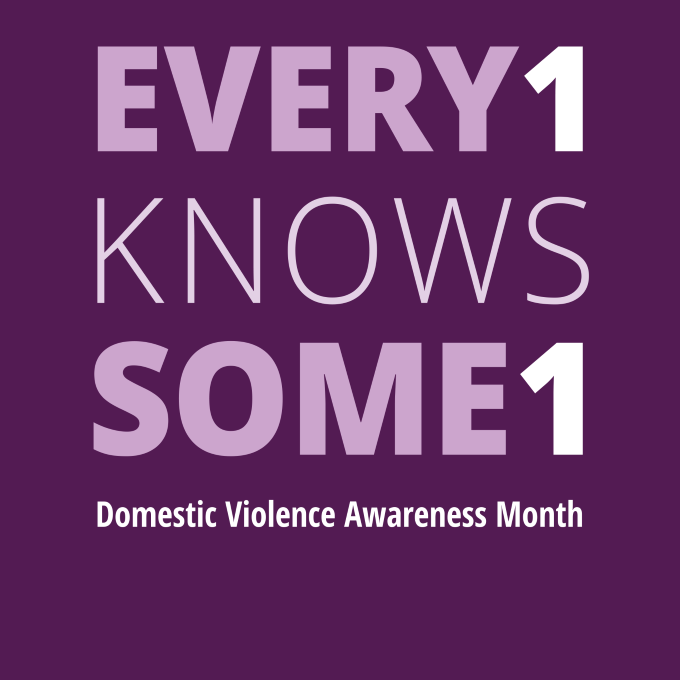Research In Action
Research In Action
Breadcrumb

As October dawns, the world turns its collective gaze toward a pervasive and deeply troubling issue—intimate partner violence (IPV). This month, recognized as Domestic Violence Awareness Month, serves as a powerful reminder of the urgent need to address this problem that affects countless lives. In the spirit of this month, we shine a spotlight on an important paradigm shift in IPV awareness and support, as emphasized by the American Academy of Pediatrics (AAP) in its Clinical Report published this summer.
The Paradigm Shift in IPV Support
This report highlights a significant shift in the AAPs recommendation for pediatricians and healthcare institutions alike when addressing IPV. Traditionally, IPV was approached through screening, aiming to identify victims during healthcare visits. The goal of this approach is to “force” disclosure and only provide resources to those that disclose. This approach, though recommended by the US Preventive Services Task Force, has failed to demonstrate significant benefit when it comes to improving women’s quality of life. Additionally, Futures Without Violence, a national leader in violence prevention, has refuted this approach for nearly a decade, instead emphasizing universal education and support over disclosure. Now with the AAPs most recent Clinical Report echoing similar guidance, it is time for us to catch up!
Universal Education As A New Approach
The "universal education" approach to addressing IPV in healthcare settings differs from traditional screening methods. It promotes normalizing conversations about IPV using nonjudgmental language, prioritizing resource provision over immediate disclosure, and maintaining privacy and respect. Healthcare providers offer brief education, support, and referrals to services if needed, empowering caregivers to disclose ONLY if they feel safe. This approach is adaptable to various healthcare contexts and has been found feasible and acceptable in different settings, reducing the stigma associated with IPV and connecting individuals to support.
CHOP's Innovative Model
Not knowing that this paradigm shift would take nearly a decade, we at Children's Hospital of Philadelphia, in collaboration with our community partner, Lutheran Settlement House, developed and implemented an innovative model that emphasized universal education and resource provision back in 2015. Through a multi-disciplinary team including IPV survivors and community partners, the STOP IPV Program was designed with a healing-centered trauma-informed approach and includes several key components which we hypothesize have contributed to this important paradigm shift.
- Non-Verbal Purple Card: Currently available in 16 languages, caregivers are given a discreet non-verbal card that asks if they would like support without pressuring them to disclose their experiences. These cards are given during child well visits and in the emergency department, ensuring caregivers are provided education and awareness on multiple occasions while seeking care at CHOP.
- On-Site IPV Specialists: CHOP patients, families, and staff at both CHOP’s Main Hospital and King of Prussia sites have access to on-site advocates who can offer immediate assistance, guidance, and resources, ensuring tangible support.
- Survivor Focused Documentation Procedures: to protect the safety and confidentiality of caregivers, we developed best practice recommendations for documentation of IPV in a pediatric patient’s chart.
A Call to Action: Deemphasize Screening and Support Education
During Domestic Violence Awareness Month, we have an opportunity to reflect on these innovative approaches to IPV support and education. It's a time to acknowledge the tireless efforts of organizations like Futures Without Violence and the AAP in reshaping how we address IPV. It's also a call to action for individuals, communities, and institutions to change and join together. As October unfolds, let us unite in a shared commitment to ending intimate partner violence. Let us honor the survivors, remember the lives lost, and work collectively to create a safer, more empathetic, and informed society. By deemphasizing screening and instead emphasizing universal education, support, and empathy, we can take steps toward creating a healthcare space that is safe for survivors and their families to seek the help they need!
For more resources, click here.



